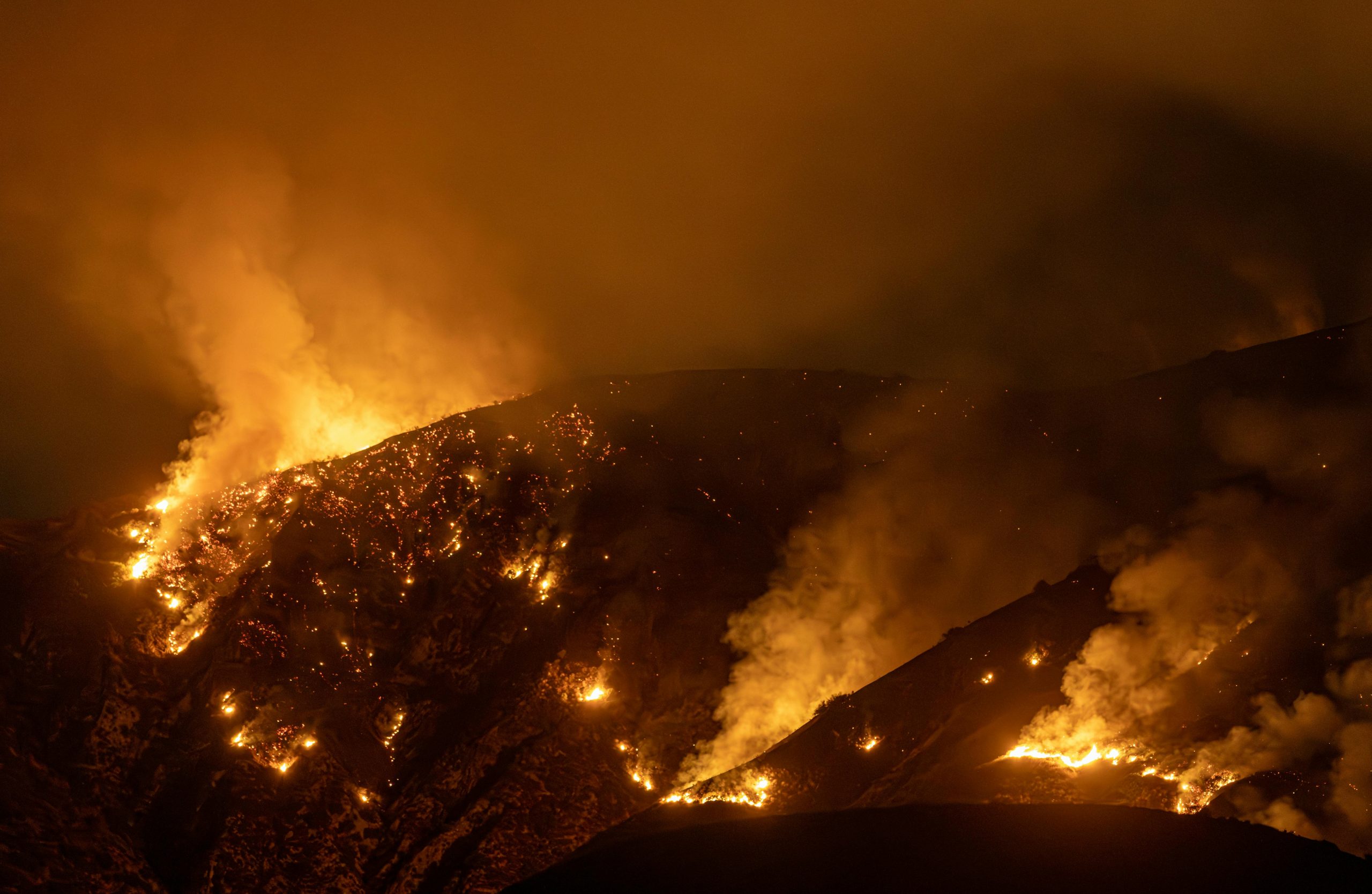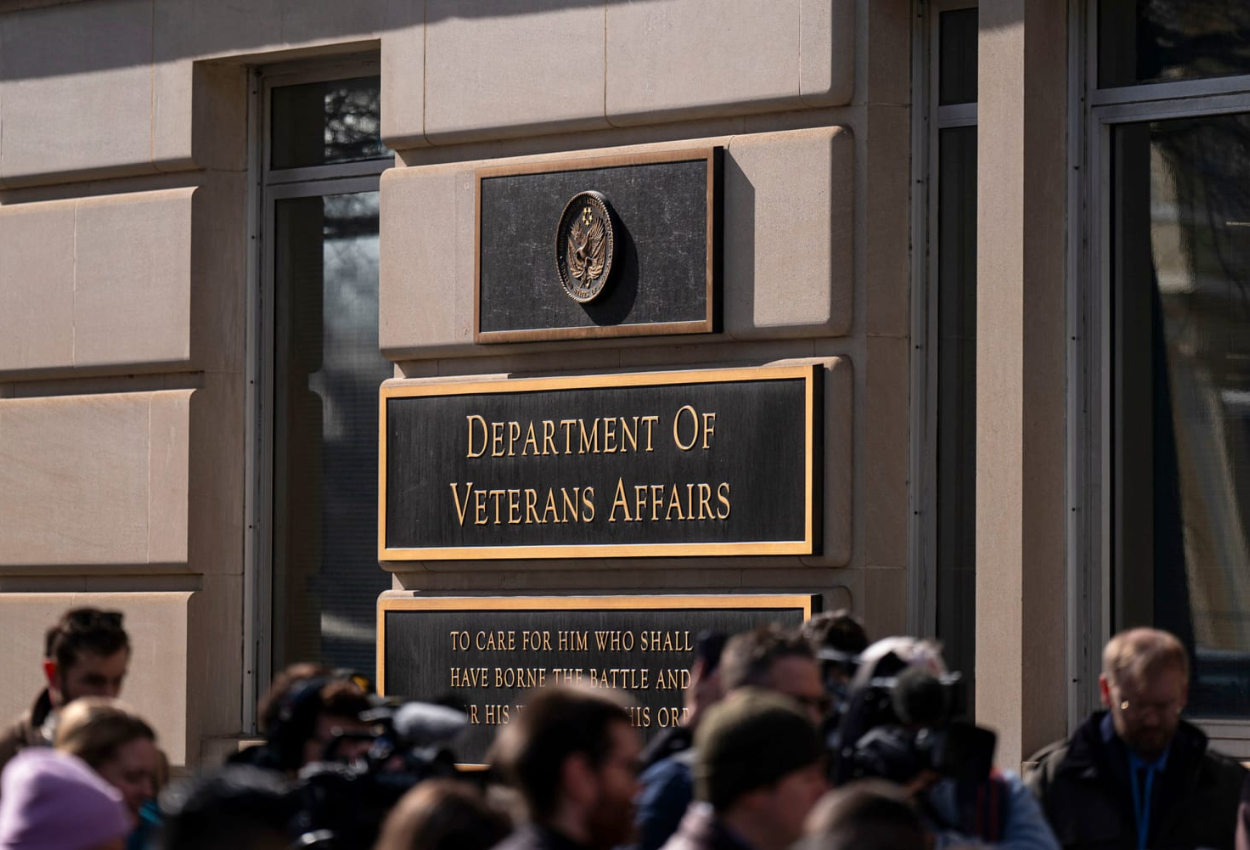The recent wildfires in Los Angeles have highlighted a harsh reality: climate change is already impacting people and businesses. For many, it was not just an environmental disaster but a personal one, as homes, communities, and livelihoods were lost. While these fires are often discussed in terms of their immediate damage, the long-term economic consequences are just as important.
The High Cost of Wildfires
The recent wildfires that ravaged Los Angeles are estimated to cost around $250 billion. This figure could make it the most expensive climate-related disaster in U.S. history. While this number may seem overwhelming, it’s essential to break down where these costs come from and how they affect various industries. The real cost includes the damage to expensive real estate in Los Angeles, the disruption of business operations, healthcare costs, and loss of employment. This type of destruction is not just local but has ripple effects that are felt across the country.
For example, many businesses in Los Angeles, a major economic hub, were forced to close or slow down their operations due to the fires. Supply chains were interrupted, and consumer spending was impacted as people dealt with the emotional and financial toll of the disaster.
Bigger Picture: Nationwide Effects
The impact of the wildfires is not limited to California. While economists suggest that the damage may only cause a minor dip in the overall U.S. economy, the true effects extend beyond the obvious. For example, the utility sector was heavily affected, especially in Southern California, where the company Edison International saw a nearly 30% drop in its stock price. This happened because investors feared that the utility might be held responsible for starting the Eaton Fire, one of the major blazes.
Moreover, the wildfires have had indirect effects on industries far removed from California. A study published in Nature Sustainability highlighted that, in 2018, wildfires caused significant economic losses not only in California but also in other parts of the U.S. These losses came from health issues like respiratory problems caused by smoke and disruptions in manufacturing industries.
The Growing Problem of Climate Change
As wildfires become more frequent and intense due to climate change, the economic impact will only increase. We might think of a 0.2% reduction in national growth as a small effect, but what happens when such events occur repeatedly throughout the year? Businesses across industries need to plan for more frequent disruptions, and local governments will have to manage these recurring costs.
For instance, communities that are most vulnerable to such climate-related events are already seeing higher costs, such as increased insurance premiums or the financial burden of rebuilding. This trend is likely to continue and could eventually lead to larger, more systemic issues. The question is: how will businesses adapt, and how will policies change to address this growing threat?
The Bigger Question: Are We Ready?
The fires in Los Angeles are a reminder of the bigger picture: climate change is already here, and its effects are being felt in real ways by individuals, businesses, and entire communities. Policymakers, businesses, and everyday people need to start thinking seriously about the long-term costs of climate-related disasters.
In the past, some have argued that catastrophic events would wake up policymakers and push them into action. However, as the response to the recent fires showed, there is still a lot of finger-pointing and uncertainty. Climate change is affecting more than just the environment; it’s affecting the economy, jobs, and livelihoods.
While it’s hard to say how things will change in the future, one thing is clear: acknowledging the economic costs of climate-related disasters is a critical step toward finding solutions. As businesses, governments, and individuals take a more proactive approach, we can begin to better prepare for the inevitable impact of climate change.
(Source : time.com)




